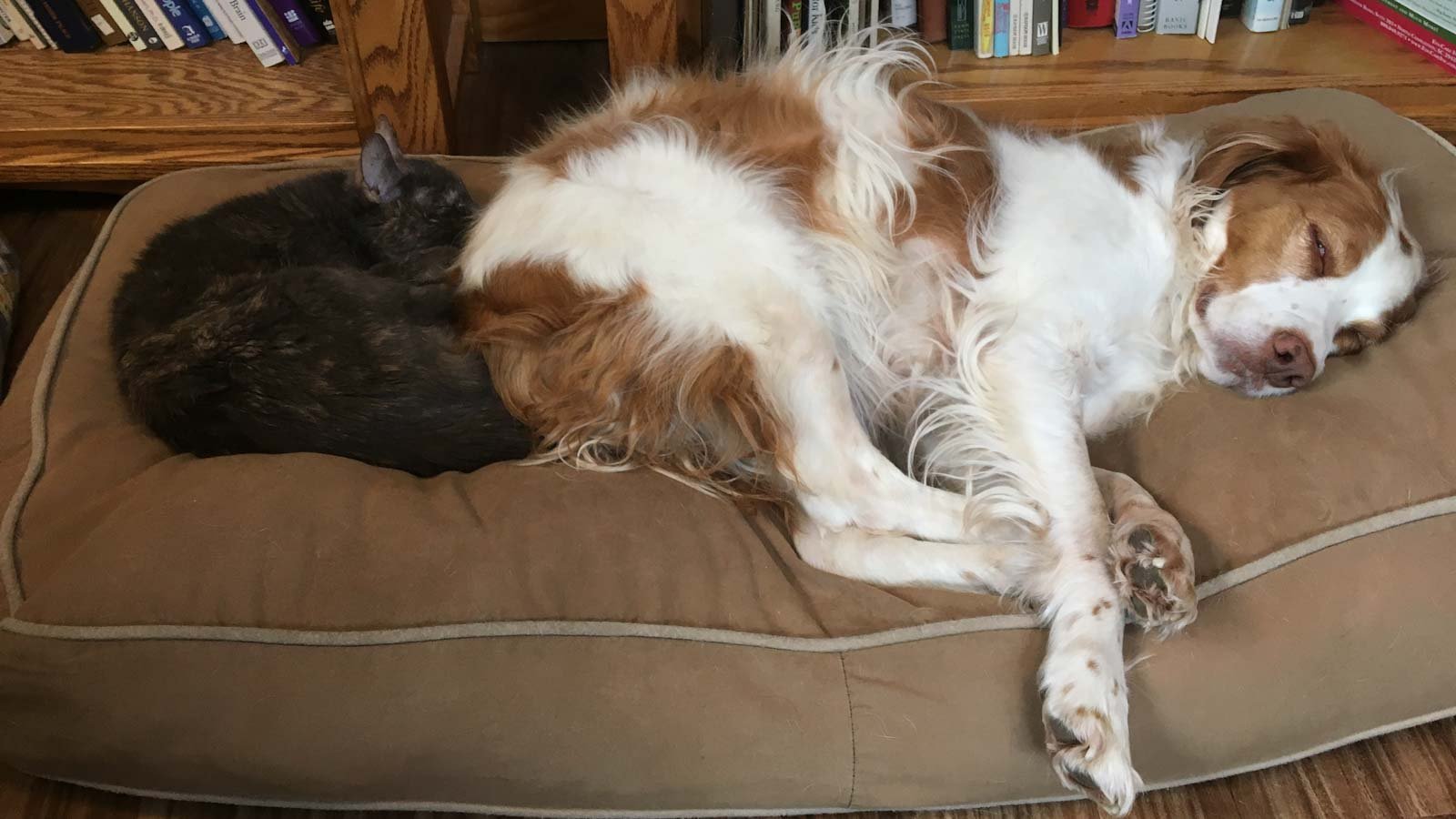The Book Coach Connection
A few weeks ago I served as a practice client for another book coach, Nita Collins. I used a real project with her—one I’ve been thinking about and working on, off and on, for several years.
My working title is All Mistakes Are My Own and it’s about a high school girl who has an affair with her much older teacher back before such relationships were illegal. I’ve tried this story as memoir, as YA fiction, and as adult fiction.
One of Nita’s questions for me is one I also like to ask writers when we first meet: Why do you need to tell this story?
For this project, I don’t have a good answer. I told Nita, “I don’t know.”
Then she asked how I’d feel if I was told I should set it aside.
I could feel my hackles rise. “Annoyed,” I said.
Then I told her about pitching this story at kid lit conference a few years ago and having a YA editor tell me no publisher would ever take it if the student and teacher end up together. The memory of that conversation still fuels my annoyance.
Nita’s question about how I’d feel helped unlock me a little bit. Our short discussion helped me recognize that yes, I need to figure out how to tell this story. It feels important to me.
Even though Nita hasn’t read a single word of my novel/memoir, her simple act of listening to me and reflecting back what she heard helped me think about it differently.
What Nita provided to me is what I also strive to provide to the writers who choose to work with me.
Frank and open discussions about your story are the beating heart of our work together.
When you talk things over with another person who loves books as much as you do, who knows storytelling inside out, and who loves helping you create meaningful work, the ideas flow.
You feel energized again by your story and its possibilities.
You feel confident that you can strengthen your work, make it deeper, richer, and even more marketable.
You feel excited to get back to work on it.
Having someone who looks forward to reading your work and then talking with you about it—that’s a marvelous connection.
Shiny object syndrome
Nita suggested that I handwrite in a journal to answer the question about why I need to write this book, because handwriting can help access different parts of the brain.
I haven’t tried it yet. I will, but not yet because I don’t want to be distracted by another shiny object.
I recently hit 40,000 words in the first draft of my middle grade mystery novel. I anticipate it running a total of 50-55k. So I’m closing in.
I work on it 5 or 6 days a week and for the last couple of weeks I’ve been achieving my daily word count goal of 500 words. It’s easier to write that many words in an hour or less at this stage of the story because I have fewer creative decisions to make.
All the planning, using the Blueprint for a Book process, and the character interviews I did before I started drafting are paying off big time.
So I don’t want to get distracted by this other story, this more complex and challenging story, this story that doesn’t even know if it wants to be a novel or a memoir.
I don’t want to tell it to go away. I want to tell it to wait its turn.
Its turn is coming.
I may very well need a book coach to help me get it headed in the right direction. Because although writing is an individual sport, getting published is a team sport.
If you’ve got a novel that’s not going where you want it to, let’s talk! The first session is free.
